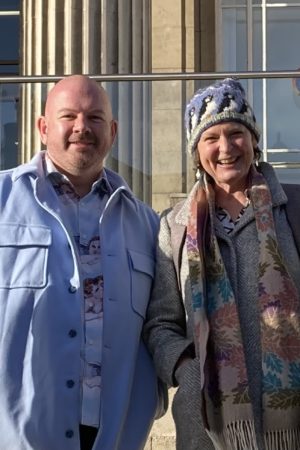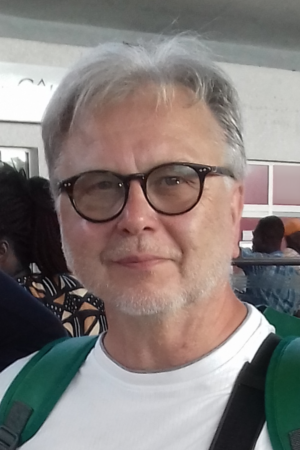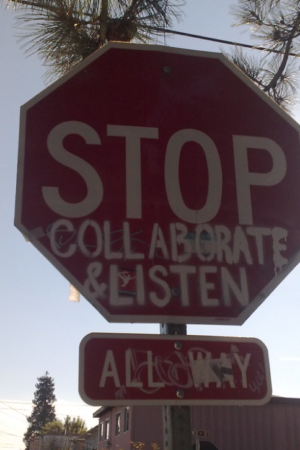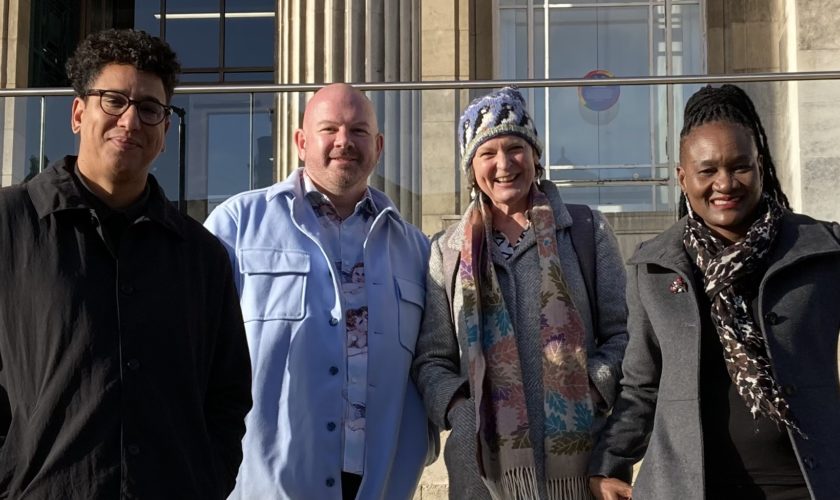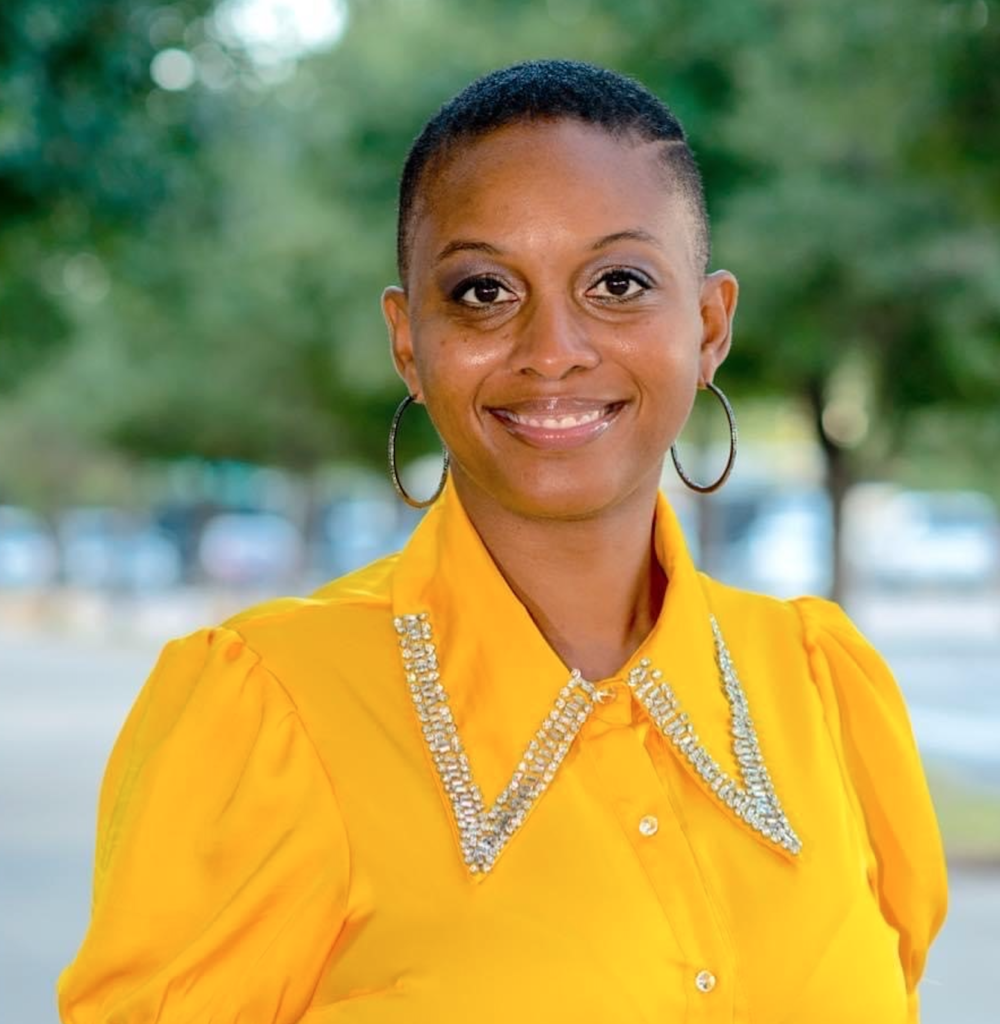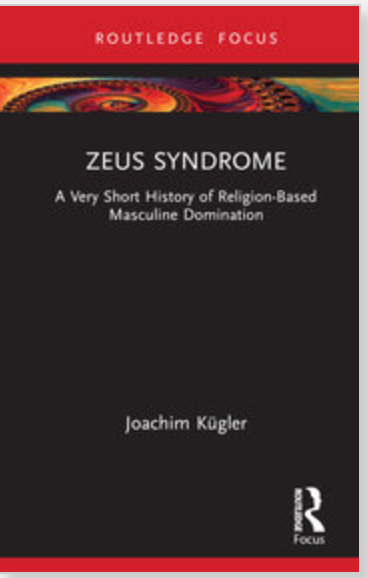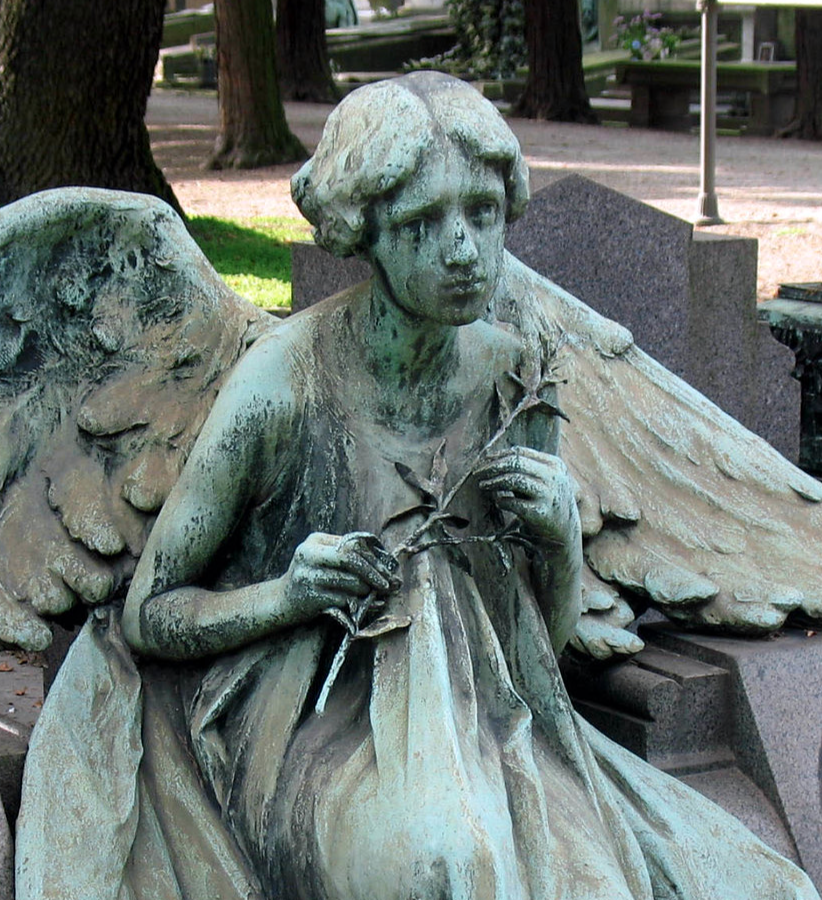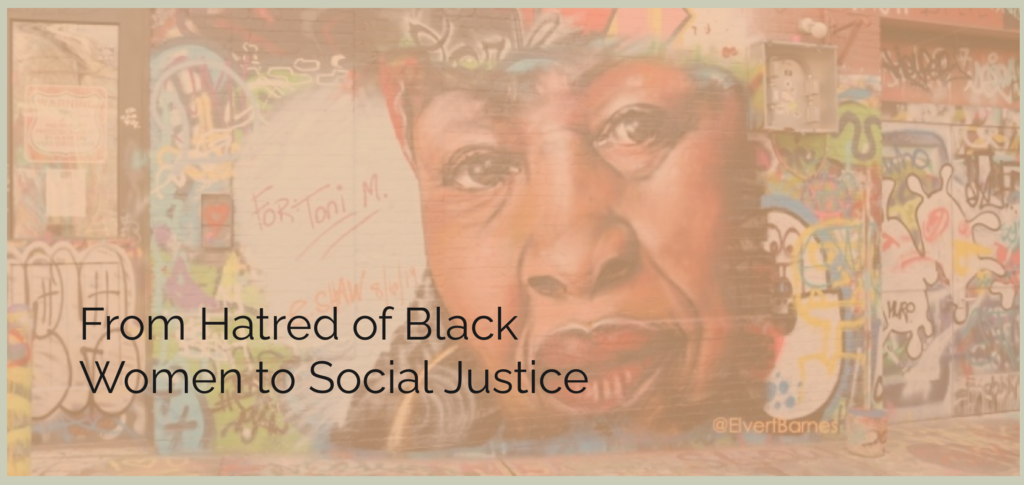The Bible and Violence Project is up and running!
We now have over 120 contributors signed up. Many of them are busy forming and working together in writing groups; others are receiving or providing mentoring. If you are a contributor and find yourself in need of support or motivation, please be in touch if we can help.
The publication emerging from this project aims to be the most comprehensive and inclusive on the topic of the Bible and violence to date. Alongside chapters on every text of the Hebrew Bible and Christian Greek Bible, there will also be chapters on the Bible and…:
Its role and impact in diverse geographical settings
Incel cultures and the manosphere
The ethics of citing violent scholars
HIV/AIDS
Liberative readings in violent settings
Environmental violence
Colonialism
Trafficking
Intimate partner violence
Genocide
Gender-based violence
Rape and rape culture
Violence aimed at children, at animals, and at the deceased
Violence in the family
Divine violence
Supersessionism
Antisemitism, as well as Islamophobia
Martyrdom
War
Crime fiction
Abortion activism
Transphobia
Zionism
Fat shaming…
… and that is not all. Alongside yet more exciting topics, there will also be some chapters on select rabbinical texts and Dead Sea Scrolls, gnostic and deuterocanonical texts.
We have already received contributions ahead of the first deadline of 2 October 2023 by Katherine Southwood, Sébastien Doane, Alison Jack, Barbara Thiede and Alexiana Fry, with more in the pipeline.
Two of the editors – Chris and Johanna – recently visited Manchester to present at the United Reformed Church research conference on both The Shiloh Project and Bible and Violence Project. While there, we enjoyed hearing Megan Warner’s paper on her topic for the project.


